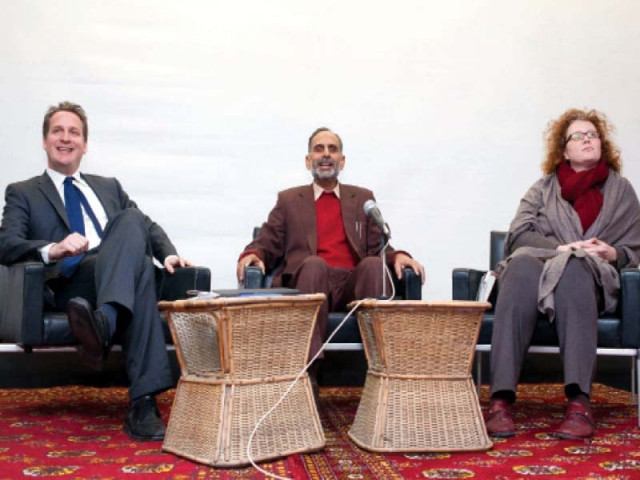
Four generations later, a diverse German population still struggles to come to terms with its painful past. Immigrants from over 190 countries in Berlin alone lend to this reconciliation and organisations such as the Action Reconciliation Service for Peace have taken upon themselves to educate the Muslim community in Berlin through the enlightenment of women.
Julia Oelker’s documentary film, “Es ist auch meine Gechichte” (It is also my country) was screened at the German embassy on Thursday night. The film evoked both its social and nationalist history, which is inherently weaved into the fabric of its present as well as the problems faced by its expanding immigrant population.
It is estimated that 80 per cent of the 3.5 million Muslims who have migrated to Germany are without citizenship and therefore lack access to education and career opportunities.
In the film, Muslim women from the Berlin-Kreuzberg area who volunteered as “mothers from communities” under the Action Reconciliation Service for Peace are seen challenging their pre-conceived notions of other religions and subsequently increasing their understanding of the country they call a second home. The filmmaker follows women from Turkey, Lebanon and Kurdistan who have strong religious biases influenced by their own history and geography as they visit survivors of the Holocaust.

The process of learning about Germany’s history through the biographies of its survivors allows for ridding the predisposition of survivors such as Margot Friedlander and Rabi Rolf Joseph towards Muslim women. Friedlander, for instance, relays that the women she met were strong and modern despite their veiled appearances.
In the discussion that ensued after the screening, professors at the Quaid-e-Azam University, Dr Andrea Fleschenberg and Dr Azam Chaudhry touched upon the importance of confronting the past through biographies, curriculum and memorial culture.

Fleschenberg explained that while many families sought to deal with the past through silence, it was important to retell the stories in order to justify the stain on German history. Pre-war Germany was a place of progressive culture and philosophies and that it wasn’t until the 1960s - when trials pertaining to the Genocide began - that German’s began to look inwards, horrified at their ancestral capacity for such hatred.
An audience member questioned the “artificial injection of guilt within future generations” about a crime that they had nothing to do with against the sufferings of the rest of the world. However, according to Fleschenberg, remorse over Nazi Germany was the reason for the youth uproar in the 1960s which led to the collapse of the soviet system.
“You can’t just throw a rug over such a deep stain,” Chaudhry added.
However, since the film focuses on the interaction of few, it cannot be assessed how well local and immigrant Germans have been able to assimilate and understand each other’s complex and delicate histories.
Dr Thomas Ditt, head of the cultural section at the German consulate added that integration varied depending on personal conflicts, stereotypes, first-hand contact and travel experience.
Published in The Express Tribune, December 15th, 2012.

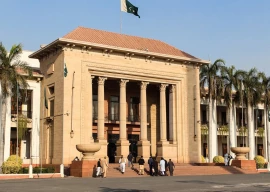
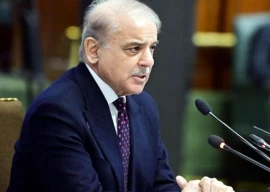

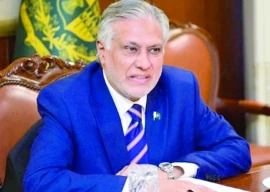
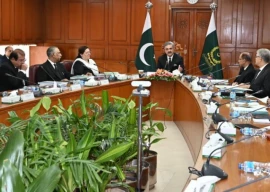
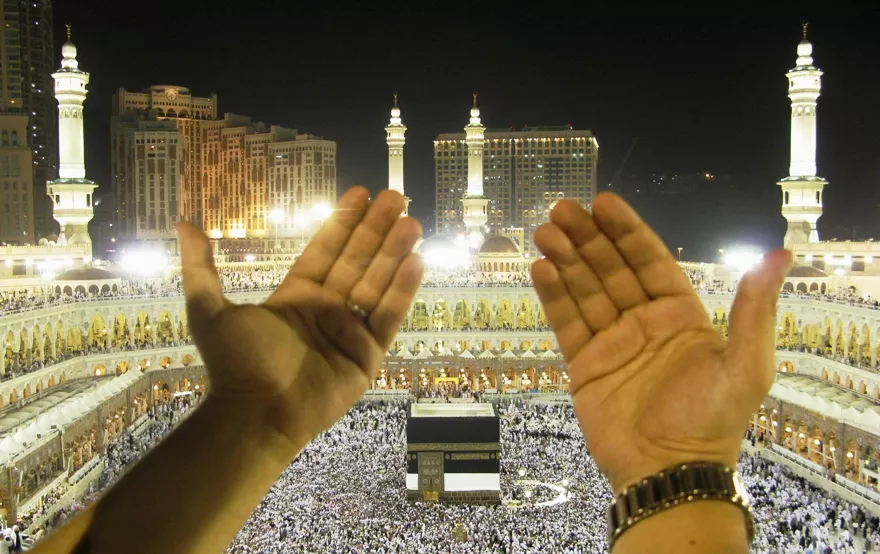




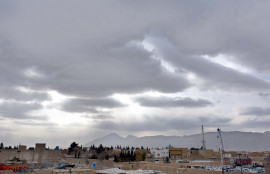

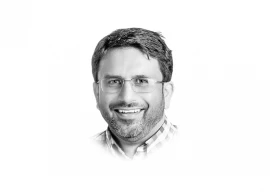




COMMENTS
Comments are moderated and generally will be posted if they are on-topic and not abusive.
For more information, please see our Comments FAQ